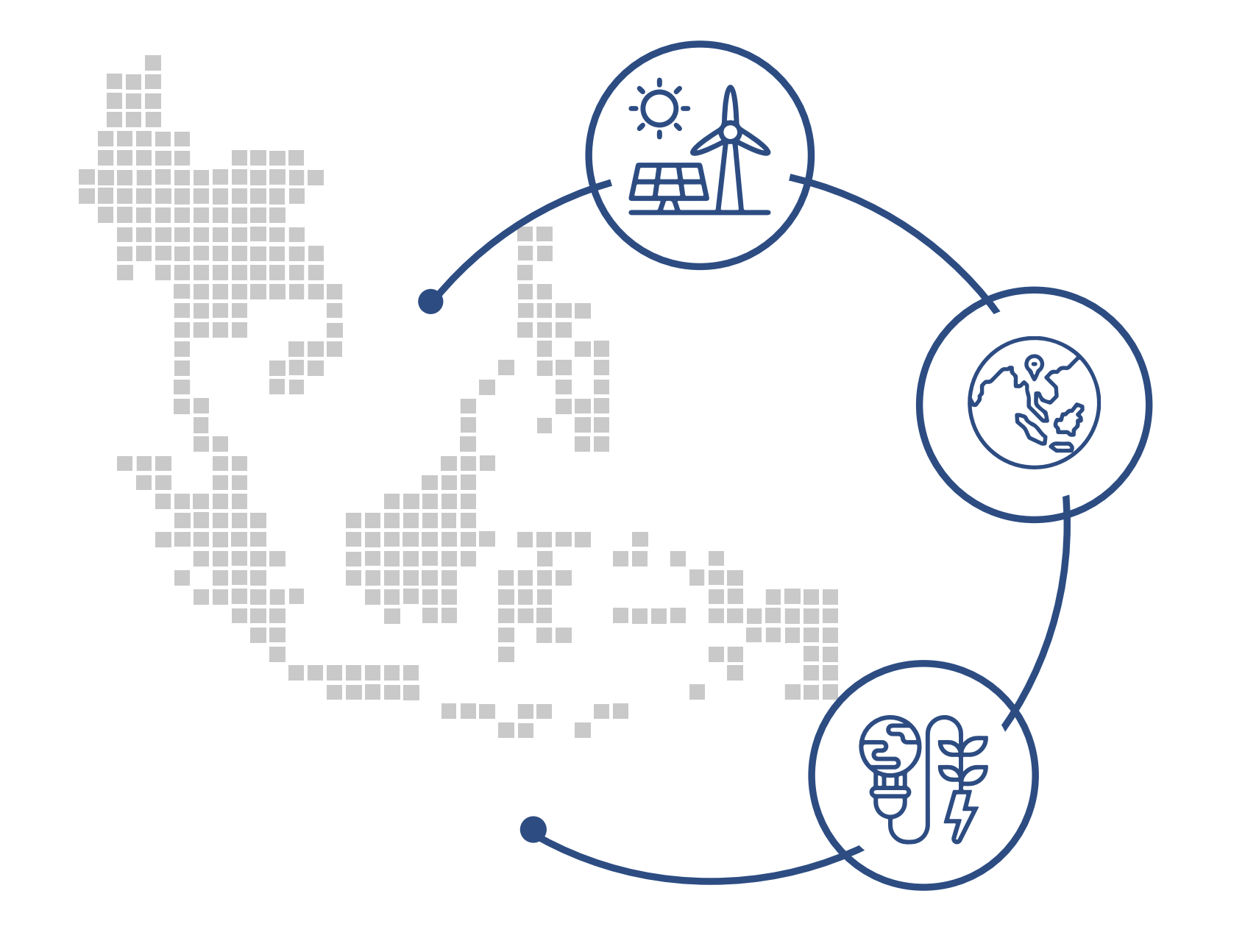Key messages:
- There is growing consensus that phasing out fossil fuel subsidies is an essential part of the green economy transformation, by sending the right price signal to the market about the true cost of energy and by creating fiscal space that could be used to implement green economy policies across key sectors.
- Eliminating inefficient fossil fuel subsidies is one of the targets under SDG 12 on ensuring sustainable consumption and production patterns.
- In theory, fossil fuel subsidies have important policy objectives. In reality, they have a negative impact on the environment, absorb substantial fiscal resources, fail to benefit targeted groups and encourage excessive consumption of energy.
- Compensation measures for vulnerable households and businesses can help cushion them against the adverse impacts of rising fuel prices following subsidy removal, but they are not a panacea and need to be adapted to a country’s particular circumstances. They need to be implemented with complementary measures – such as broader energy sector improvements; a communication campaign to inform the public about the objectives and expected impacts; and a supportive administrative apparatus to ensure smooth implementation.
- Governments can use the revenues saved from subsidy reform to redirect public investments to clean energy and augment public expenditure for R&D in green technologies.






